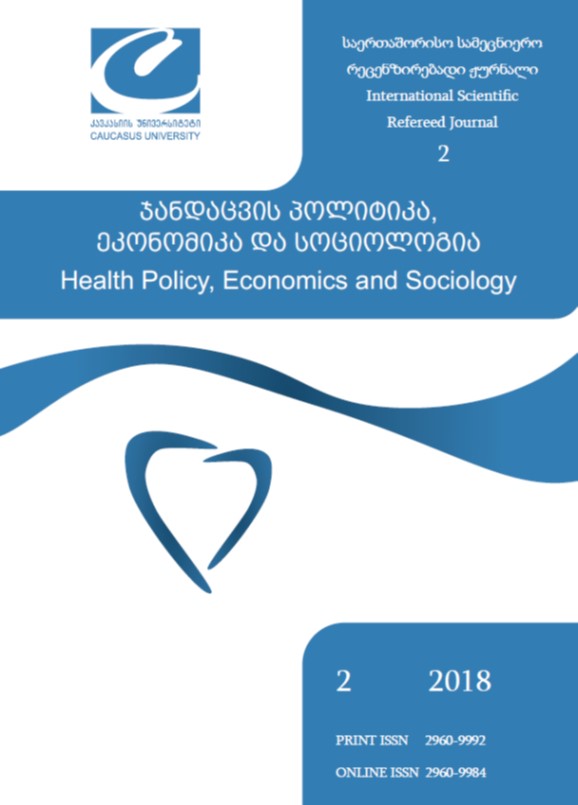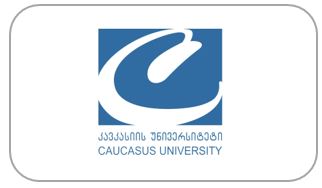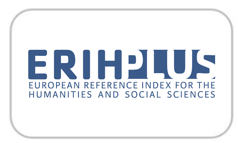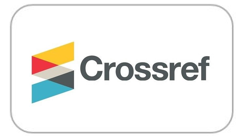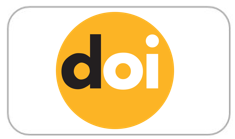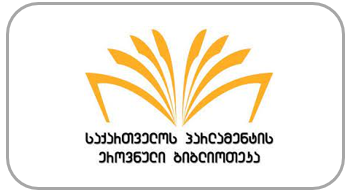დასაქმებული სტუდენტების ჯანმრთელობის მდგომარეობა და სტრესი
საკვანძო სიტყვები:
ძილის დარღვევა, სტრესი, სტუდენტების დასაქმებაანოტაცია
შესავალი: ნაშრომი ეხება დასაქამებული სტუდენტების კონკრეტულად - სუპერ-მარკეტებსა და კვების ობიექტებში დასაქმებული სტუდენტების - ჯანმრთელობის მდგომარეობისა და სტრესის შესწავლას. ნაშრომში ძირითადი აქცენტი კეთდება დასაქმებული სტუდენტების იმ პრობლემებზე, რაც დაკავშირებულია, მათ სამუშაოსთან და ზოგადად დატვირთულ გრაფიკთან. განიხილება ძილის, სწავლის, სამუშაო გრაფიკის და ჯანმრთელობასთან დაკავშირებული პრობლემები. მეთოდოლოგია: კვლევა ჩატარდა რაოდენობრივი კვლევის მეთოდის ტექნიკის - ანკეტირების გამოყენებით. შერჩევის მეთოდი: თოვლის გუნდა. კვლევის შედეგად გამოიკითხა 50 რესპონდენტი. შედეგები, დისკუსია: სტუდენტების უმრავლესობა ირჩევს მარტივ სამუშაო ადგილებს, რომლებიც არ საჭიროებს სპეციალიზებულ უნარებს. აღნიშნული მეტყველებს, რომ სტუდენტების დასაქმება ძირითადად დაკავშირებულია შემოსავლების მიღებასთან და ხელს არ უწყობს გამოცდილების მიღებას. დასაქმებული სტუდენტებისთვის სირთულეს წარმოადგენს სამუშაოსა და სწავლის შეთავსება. არასასწავლო საქმიანობაზე დიდი დატვირთვა ხელს უშლის სტუდენტებს სასწავლო პროცესში სათანადოდ ჩართულობას. ძილის დარღვევა უარყოფითად ზემოქმედებს სტუდენტების ჯანმრთელობასა და ფსიქიკურ მდგომარეობაზე. დასკვნა, რეკომენდაციები: კვლევის შედეგად მიღებული დასკვნები მნიშვნელოვანი ინფორმაციის წყაროა უნივერსიტეტებისათვის, სამთავრობო და არასამთავროო ორგანიზაციებისათვის, რომლებიც ჩართულნი არიან სტუდენტთა დასაქმების ხელშემწყობი პოლიტიკის შემუშავებაში.
წყაროები
საქართველოს სტატისტიკის ეროვნული სამსახური (საქსტატი). უმაღლესი განათლება. 2017. http://www.geostat.ge/index.php?action=0&lang=eng (ხელმისაწვდომია 6.07.2018)
Riggert SC, Boyle М, Petrosko JM, Ash D, Rude-Parkins C. (2006). Student employment and higher education: empiricism and contradiction. Review of Educational Research 76 (1).
Hakkinen I. (2004). Working while enrolled in a university: Does it pay? Working paper. Department of Economics, Uppsala University.
Hodgson A. Spours K. (2001). Part-time Work and Full-time Education in The UK: the emergence of a curriculum and policy issue. Journal of Education and Work 14 (3).
Callender С. Kempson Е. (1996). Student Finances: Income, Expenditure and Take-up of Student Loans. London : PSI Publishing.
Curtis S. Lucas R. ( 2001). A coincidence of needs? Employers and full-time students. Employee Relations 23 (1): 38–54.
Lucas R. Lammont N. (1998). Combining Work and Study: an Empirical Study of Full-Time Students in School, College and University. Journal of Education and Work 11 (1). 41–56
Eagan MK, Stolzenberg EB, Zimmerman HB, Aragon MC, Whang Sayson H, RiosAguilar C. (2017). The American freshman: National norms fall 2016. Los Angeles: Higher Education Research Institute, UCLA.
Astin AW. (1984). Student involvement: A developmental theory for higher education. Journal of College Student Personnel 25: 297–308.
Pascarella ET, Terenzini PT. (1991). How college affects students. San Francisco: JosseyBass.
Astin AW. (1993). What matters in college: Four critical years revisited. San Francisco: JosseyBass.
Pascarella ET, Edison MI, Nora A, Hagedorn LS, Terenzini PT. (1998). Does work inhibit cognitive development during college? Educational Evaluation and Policy Analysis 20 (2).
Hood AG, Craig AR, Ferguson BW. (1992). The impact of athletics, part-time employment, and other activities on academic achievement. Journal of College Student Development 35, 364.
ახალგაზრდა სოციალისტები (2008). პროექტი „ახალგაზრდული დასაქმება“ რეკომენდაციები
ჩახაია ლ. (2016). ვინ იღებს და ვინ აფინანსებს უმაღლეს განათლებას საქართველოში. http://netgazeti.ge/opinion/96629/
Robotham AD. (2012). Student part-time employment: characteristics and consequences,” Education and Training 54(1): 65–75.
Nonis SA, Hudson GI. (2006). Academic performance of college students: Influence of time spent studying and working. J. Educ. Bus. 81(3): 151–159.
Barron P, Anastasiadou C. (2009). Student part-time employment: Implications, challenges and opportunities for higher education, International Journal of Contemporary Hospitality Management 21(2): 140–153
ჩამოტვირთვები
გამოქვეყნებული
როგორ უნდა ციტირება
გამოცემა
სექცია
ლიცენზია
საავტორო უფლებები (c) 2018 თენგიზ ვერულავა, ანი ჯილბორდი

ეს ნამუშევარი ლიცენზირებულია Creative Commons Attribution-ShareAlike 4.0 საერთაშორისო ლიცენზიით .
